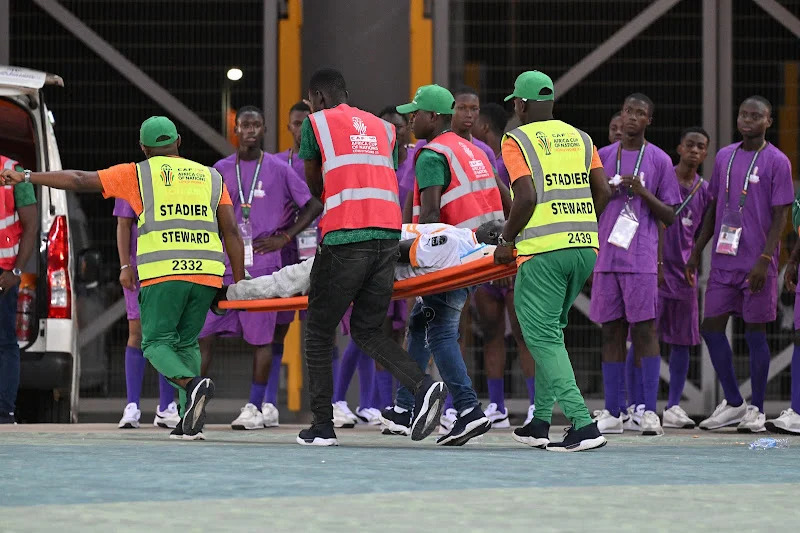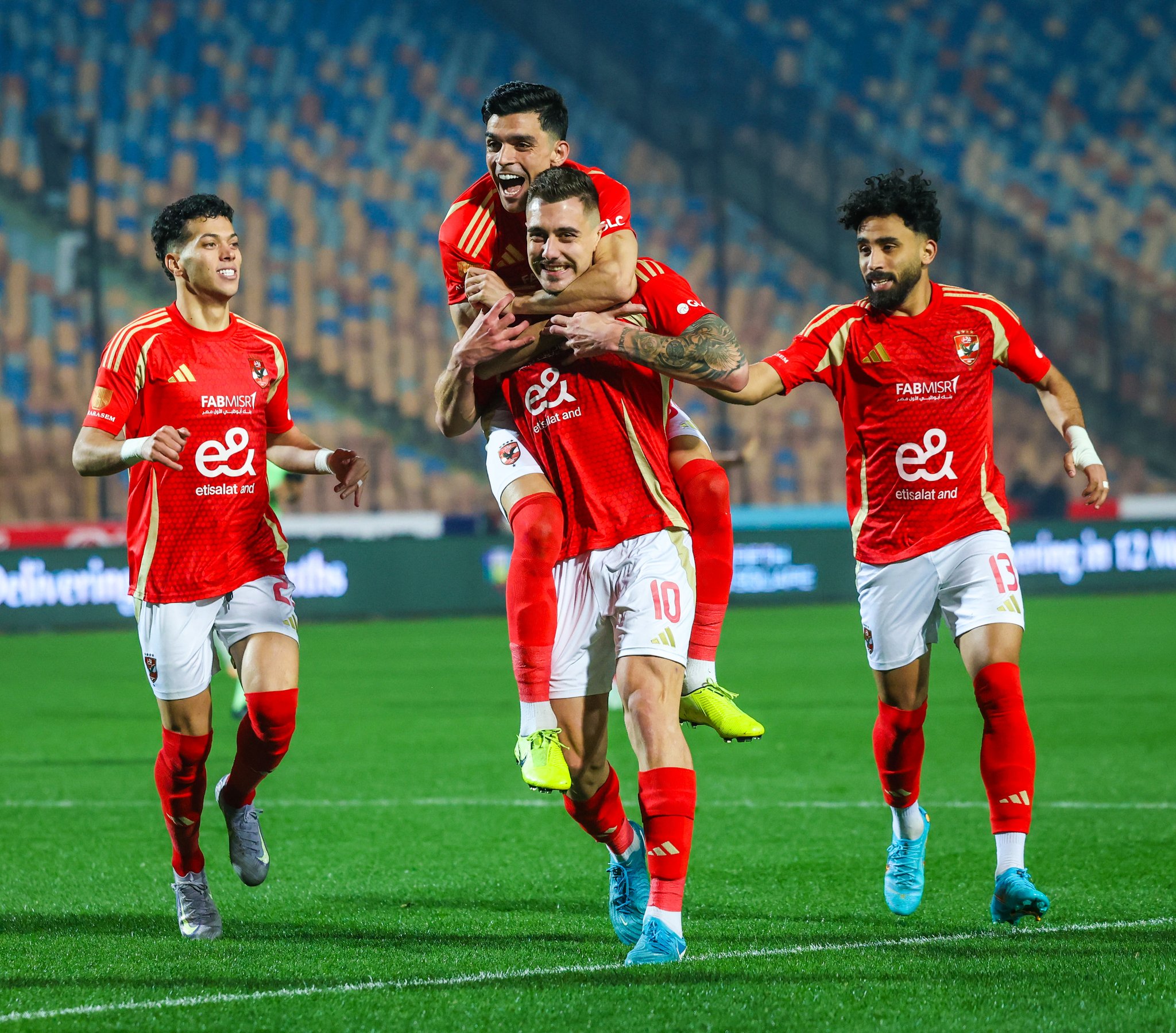The debate surrounding the influence of humidity in Africa Cup of Nations matches is no longer just a popular discussion among fans; it has evolved into a scientific, particularly medical, consideration.
Moroccan researchers in health systems have sought to provide explanations for the challenges faced by the Atlas Lions in the humid conditions of Côte d’Ivoire.
This has become especially pertinent following the tensions observed in the recent match, which doctors attributed to the “effect of humidity on the mood of those present in San Pedro’s stadiums.”
Despite the complexity of the situation, medical experts contacted by Hespress have elucidated “the health troubles resulting from the climatic conditions in this African country.”
They affirmed that “this weather situation is not exclusive to those donning the national jersey; it is a comprehensive circumstance for every team setting foot on the field.
Thus, climatic conditions cannot be considered an explanatory factor for any unforeseen football event, although the health impact remains significant.”
“High Physical Exertion”
Mohammed Arouia, a medical professional specializing in health systems research, stated, “The current situation faced by the national team in Côte d’Ivoire is attributed to the interplay of heat and humidity, commonly referred to as moist heat, which has implications for overall physical performance, not just athletic performance.”
He confirmed that “the impact of this humidity was evident in the excessive sweating and the players’ tendency to drink water at every break during the two matches played by the national team.”
Arouia, in medical insights provided to Hespress, added that the training and upbringing in the European environment for most of the Atlas Lions are “a significant factor complicating the playing conditions, as there is significant stress on the lungs, requiring a multiplied physical effort that exhausts the body and vital organs in record time.”
He stated, “If it were solely about heat, it would be easier since the Atlas Lions are not entirely foreign to the African environment. In Morocco, we experience record temperatures. However, the challenge lies in the humid heat.”
The speaker explained that “this climatic factor also concerns the mental structure of the players, disturbing their concentration to some extent, depending on each player’s ability to endure.”
He pointed out that “these medical explanations do not apply only to our national team, but some teams whose climate is similar to that of Côte d’Ivoire will not encounter significant difficulties in this regard.
However, this difficult reality in continental competitions requires a lot of patience, preparation, and nutritional and medical precautions.”
Arouia concluded that “the medical team of the national team is highly competent and can provide a set of necessary guidelines, including advice on the recommended clothing and avoiding specific colors.”
He emphasized that “the high physical effort expended must be compensated after the match by taking sufficient rest because the weather conditions in Côte d’Ivoire may have other consequences.
However, it is the fate of all participating teams, and therefore it cannot be considered an excuse for failures.”
Challenging Conditions
Taieb Hamdi, a doctor specializing in health policies and systems, stated that “the health repercussions of playing or staying in a country characterized by hot weather in conditions of humid or high-humidity air can sometimes be lethal because internal body heating remains, forcing the body to use its own mechanisms for cooling.”
He confirmed that “the first health risk of increased temperature is for the elderly, but these prevailing climatic conditions in San Pedro do not exempt anyone.”
Hamdi, in a statement to Hespress, explained that “this problem facing Côte d’Ivoire now is part of a future problem related to climate change. The climate of this African country is currently slated to be within the climate patterns that cannot be lived in starting from 2050, similar to many other regions of the world.”
He added that “this factor in itself illustrates this difficulty, making it challenging for players to make decisions and entering a state of excitement and anger.
This is evident in the recent tensions that could have been contained.”
He continued, saying, “There are scientific studies that have attempted to measure the performance of players, especially runners, in different climatic conditions.
It turns out that performance is indeed affected when heat is mixed with humidity.
Sometimes this humid air, rich in moisture, is not breathable.”
He highlighted that “this also exposes spectators to sunstroke, even if they remain stationary without movement or physical effort throughout the match, especially under the sun.
This is something to be avoided.”
Hamdi concluded by emphasizing that “this issue has begun to receive increased attention in Western countries, especially as global and continental football events are now being organized outside the Western territories.”
He urged taking this matter with “high seriousness” and adopting pre-cooling, cooling during and after competitions, to endure the competition, maintain the ability to recover, and have the capability to resume.
He also stressed that “spectators present there should increase regular water intake and take all preventive measures seriously.”










